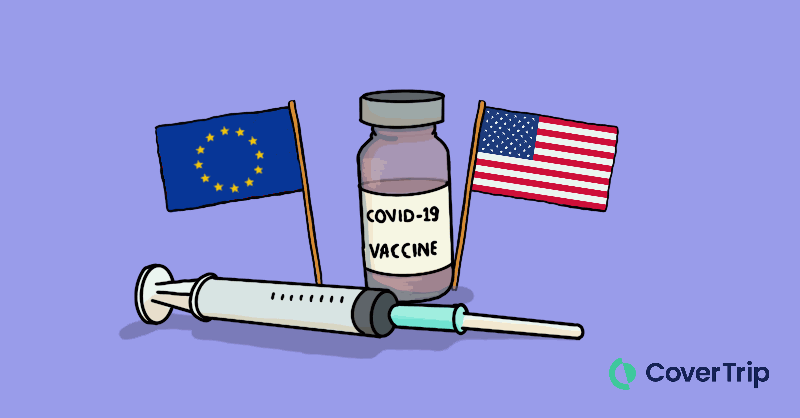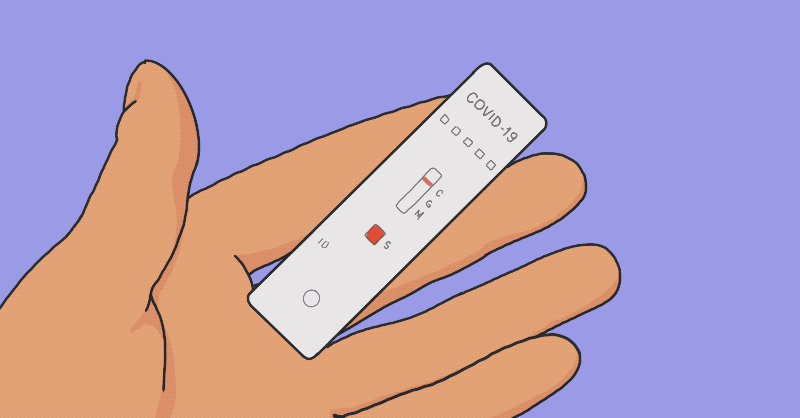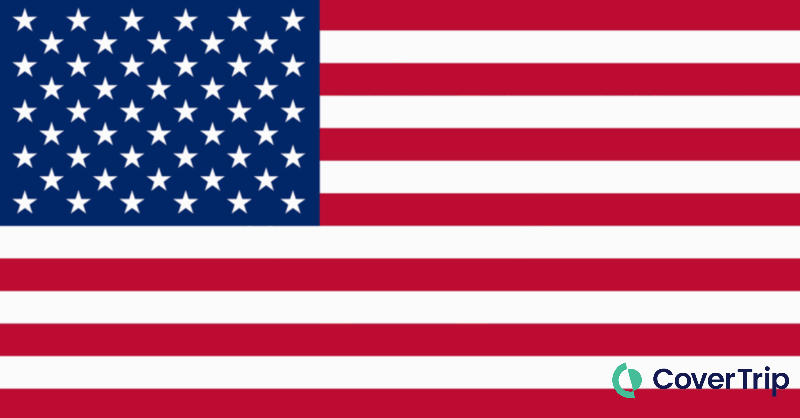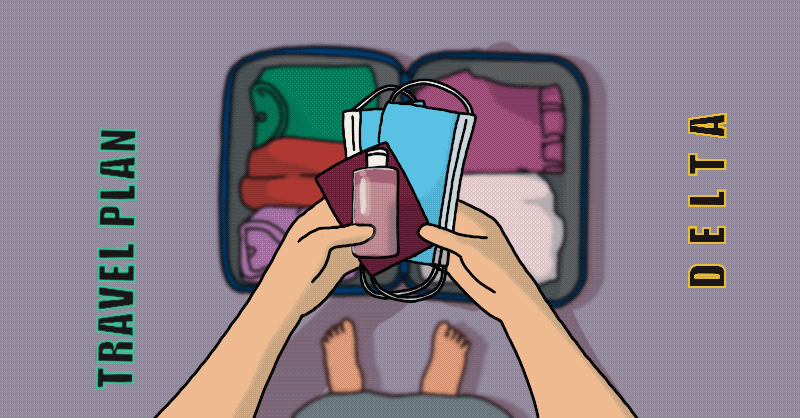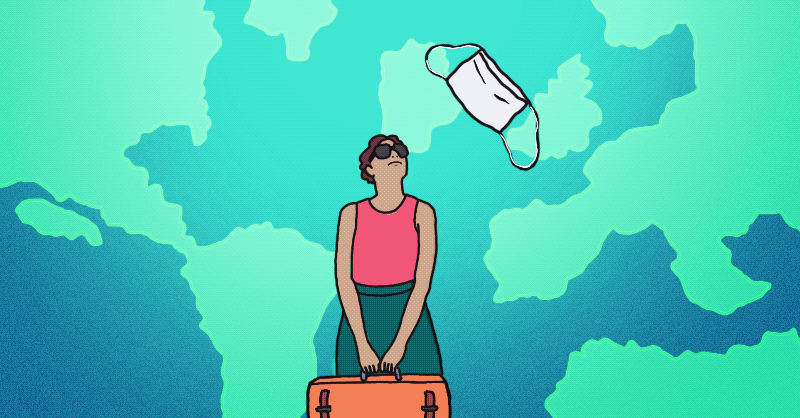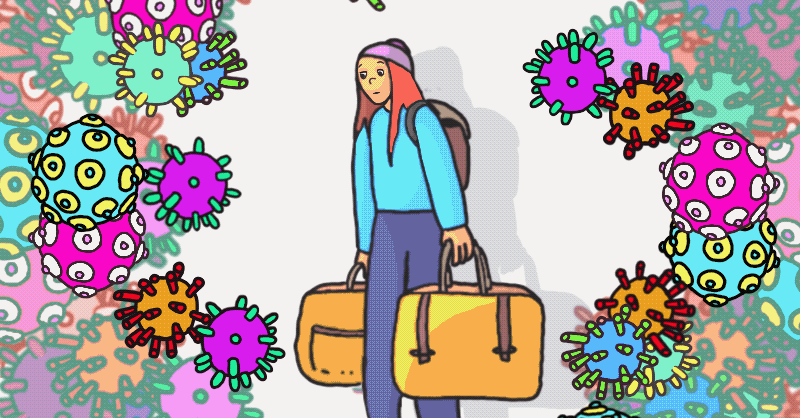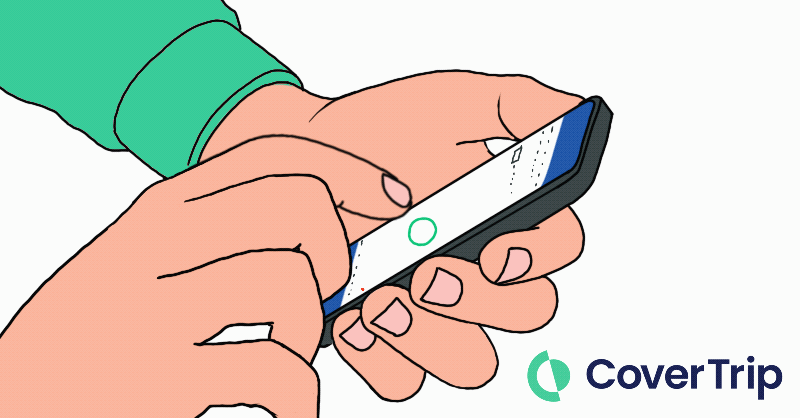
The list of countries reopening to fully vaccinated international visitors in November grew longer this week, including:
As borders open and restrictions ease, the EU digital COVID certificate program has expanded. The digital certificate can be used to enter venues where it’s required like restaurants, museums, and bars. It is now open to all EU member states as well as 16 non-EU countries, including Israel, Morocco, and Panama.
Tip: Presenting the white CDC vaccination card is an acceptable alternative for American tourists.
With the holiday season approaching and restrictions easing up, demand for holiday travel is expected to be high. Regardless of whether you’re planning to travel internationally or simply across the country, here’s what you need to know about trip planning right now.
1 Don’t be afraid to book travel now
There are loads of reasons to book your holiday trips right now, and here’s why:
- Most flights can be changed – not refunded but changed – to a new ticket without paying fees. Basic economy tickets are the exception.
- Great deals are everywhere right now. The airlines are eager to get people traveling again, and tours with flights, cars, and lodging are on sale too.
- Demand for travel to the US is picking up and domestic locations could fill up quickly.
Plus, it’s fun to have something to look forward to on the calendar.
2 Travel reward cards and loyalty programs help you save
Even the not-so-frequent and budget-minded travelers can reap the rewards of booking holiday travel right now. Here’s how:
- Airline credit cards with airport lounge access help you avoid overpriced airport food (especially helpful on a long layover).
- Travel cards that cover the cost of TSA PreCheck, Global Entry, or Clear memberships save you money and time waiting in security lines.
- Airline credit cards often include the benefit of free checked bags when you use the card to pay for flights (really helpful for families with lots of luggage).
- Hotel loyalty programs don’t charge resort fees for rooms booked using points. Many programs also offer additional discounts like the fifth night free when booking with points.
Pro tip: If you buy your airline tickets with points, and have to cancel the trip, you don’t have to go through the process of re-booking a new trip and paying the difference. The points are returned to your account instead.
3 Check the cancellation terms
As demand for travel picks up and inventory gets low, you’ll want to play investigative reporter with the terms and conditions for hotels and tours.
Many hotels pose stricter-than-usual cancellation requirements over the holidays. You may be able to reschedule your stay instead of getting a refund, but that only works if you can schedule a later trip.
4 Consider ‘stacking’ your trips for extra reassurance
Trip stacking is a new trend that can give you some peace of mind. Stacking your trips means booking more than one trip within the same timeframe in the hope that one will actually happen. It’s a way to have a backup trip ready to go if your first preference doesn’t work out. Usually the first preference trip is more aggressive – like traveling internationally or taking a cruise – while the backup is often domestic and less likely to be canceled.
If you’re still on the fence and uncertain about booking your holiday trips now, you’re in good company. Prince Harry and Meghan haven’t figured out their holiday travel plans yet either.
Other interesting news
Volcano erupts – the Cumbre Vieja volcano eruption on the Canary Island of La Palma disrupted flights this week and prompted evacuations.
Stop already – a list of 17 things flight attendants wish passengers would stop doing.
Tourist magnet – Canada rolls out a lure for frequent flyers by matching perks on Air Canada.
Group trip organizing – this new travel app designed for group trips just launched and they’re hosting a contest. If you’ve got a frustrating group trip planning story, you could win a paid vacation for you and, you guessed it, three of your friends.
Tired of the same four walls? Malta has opened applications for year-long digital nomad visas.

